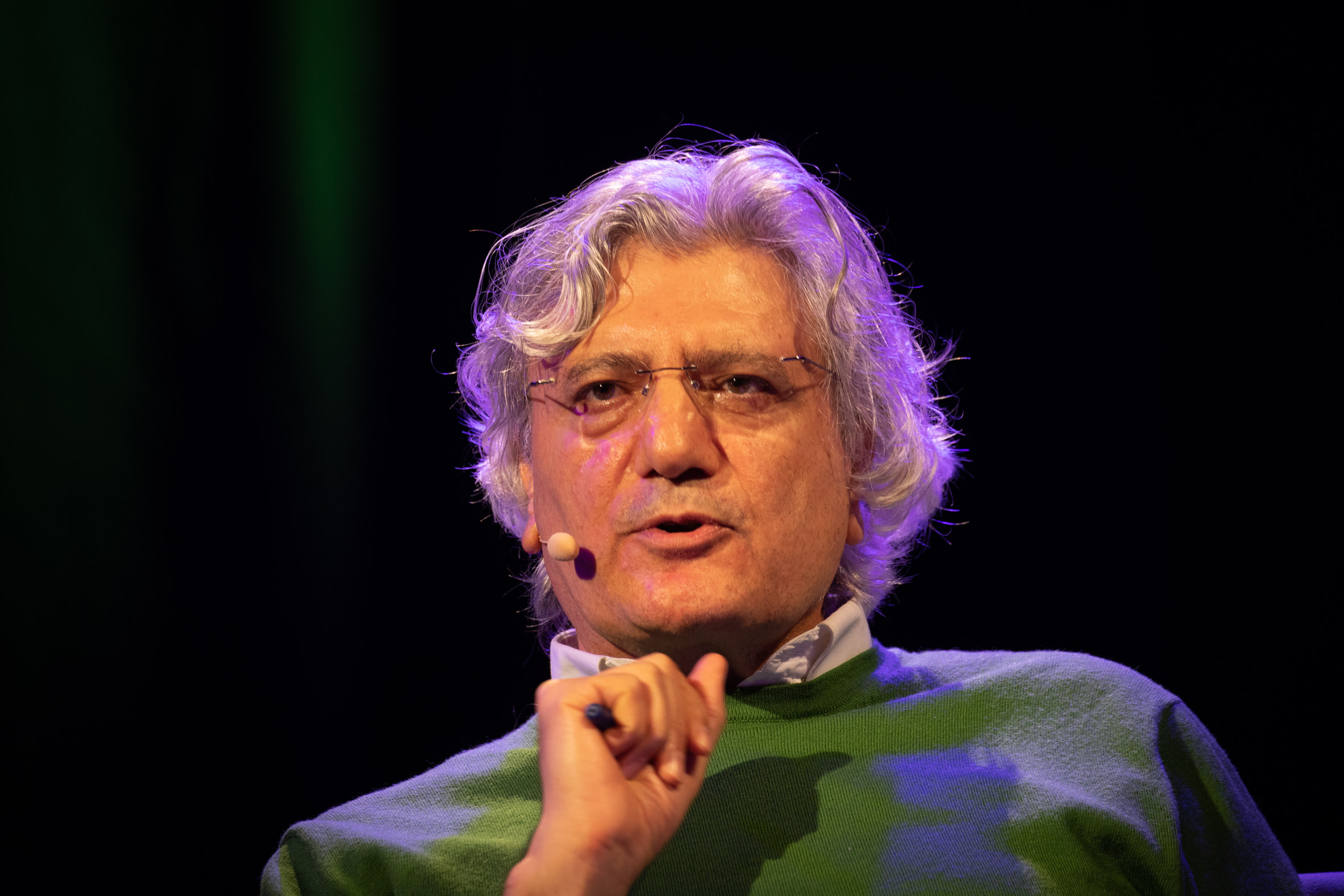The European Training and Research Centre (Uni-ETC) is proud to have hosted and worked with Dr. Bezwan during the Winter Semester 2019/20. He was appointed to the position of a guest researcher at our centre in the context of the UNIKO Initiative “Bedrohte WissenschafterInnen”. Dr Gerd Oberleitner, the UNESCO Chair in Human Rights and Human and also primary representative for the University of Graz in the “Scholars at Risk” network, was particularly engaged in the efforts to host Dr. Bezwan. Bidding a farewell to Dr. Bezwan, below we highlight some aspects of his life as well as the academic work he did during his stay at the Uni-ETC.
Originally from the southeast of Turkey – an area with a long history of the Kurdish liberation movement – Dr. Bezwan unsurprisingly developed an interest and expertise in Turkey’s policies towards the Kurdish people during his long-standing research and teaching career. He was one of the more than 1000 signatories to the Academics for Peace petition in January 2016, which petitioned the Turkish government to end its military operations in the Kurdish region and instead negotiate with the leaders of the movement. Instead of heeding the call for peace, the government took repressive measures against the signatories: some petitioning academics were arrested, more than 400 signatories were dismissed from their positions, all of them were exposed to criminal trials by the Court, with their passports being cancelled to make impossible that the dismissed academics would be able to take up employment opportunities abroad.
Dr. Bezwan, too, had to face serious consequences. First, a disciplinary investigation against him at his home university, the Mardin Artuklu University, was opened immediately. Still awaiting the results of this investigation, a second one was opened against him after he made professional comments on the Turkish military action in Cerablus, Syria, in August 2016. He was also suspended from his position at the university and eventually dismissed through the Turkish emergency decree a month later. Facing the possibility of unjust treatment and persecution, in November 2016, Dr. Bezwan reluctantly left his country of origin for London. While in the UK, Dr. Bezwan continued with his scholarly work and civic engagement, having been involved in Academics for Peace UK. He was part of a group of academics, who establish a charitable institution, the Centre for Democracy and Peace Research, which aims to promote academic freedom, human rights and and solidarity with colleagues back home and beyond. In June 2017, Dr. Bezwan joined University College London Department of Political Science through a CARA fellowship, before coming to the Uni-ETC this past semester.
During his stay in Graz, Dr. Bezwan greatly contributed to academic knowledge production, research, and teaching. He held a course on the Foundations and Issues of Intercultural Education and delivered several lectures, including one on the newly established Turkish presidential system and one on the driving forces, mechanisms, and outcomes of authoritarian turns in Turkey. Besides his activities at the University, Dr. Bezwan was also acting as part of the global research and knowledge production community. He was invited to several international academic events, such as the "Workshop on Authoritarianism, Freedom of Expression in Academia and Future Perspectives in Turkey", held in Brussels and organized by the European Endowment for Democracy and Centre for Democracy and Peace Research, and to the "Second Conference on the 100th Anniversary of the End of the Ottoman Empire" at the Pontifícia Universidade Católica de Minas Gerais in Brazil, where he held the keynote speech.
Dr. Bezwan was engaged in Austrian public life as well. He took part in an panel discussion organised by UNESCO Austrian Commission entitled "Spotlight Europa – Demokratische Grundrechte in Gefahr?" in the Radiokulturhaus in Vienna. He was also invited to give a lecture on “Internationale Unterstützungsnetzwerke” organised by Austrian EURAXESS Training in November 2019 in Vienna. Dr. Bezwan’s stay at the Uni-ETC also allowed him to prepare and finalize several articles soon to be published in German and English, covering a wide range of topics, such as social mechanisms of “risk and resilience”, the state and violence in Kurdistan, the Ottoman Empire and its legacy and non- Muslim minorities in the Ottoman Empire.
“It has been a very productive and stimulating time here at the University Graz. As I am about to move from Graz, I would like to thank to all colleagues at the Institute for International Law and International Politics, at the ICT as well as colleagues from other departments for their kindness, collegiality and friendliness” said Bezwan.
For more information about Dr. Bezwan, including his personal experiences and his reflections on the situation in Turkey, please see also the following interviews:
https://blogs.ucl.ac.uk/ucl-global/2018/04/11/defending-academic-freedom-interview-with-dr-naif-bezwan/
https://www.indexoncensorship.org/2018/07/work-of-the-kurdish-and-turkish-diaspora-essential-to-strengthen-turkey-democratic-opposition-exiled-academic-says/
